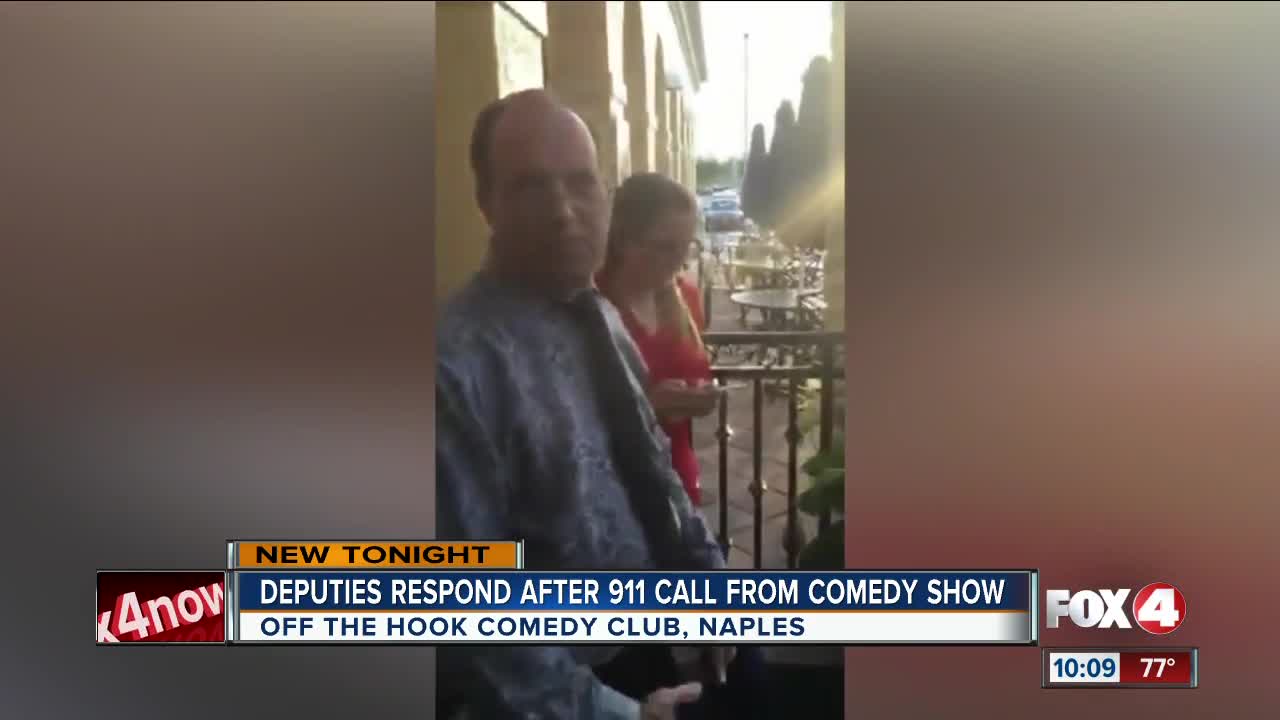In a world filled with unpredictability and challenges, humor often serves as a coping mechanism to help us navigate through difficult times. One of the more controversial forms of humor revolves around 911 jokes, which can elicit a wide range of reactions. While some find these jokes offensive, others argue that laughter can be a therapeutic outlet for processing grief and loss. The fine line between humor and insensitivity often leads to heated debates on whether certain topics should be off-limits for comedic exploration.
As we delve into the realm of 911 jokes, it’s essential to recognize the context and sensitivity surrounding them. The events of September 11, 2001, reshaped the landscape of America and the world, making it a sensitive topic for many. Yet, humor can sometimes shine a light on the darkness, offering a different perspective on tragedy. This article aims to explore the background of 911 jokes, their implications, and the various viewpoints that accompany them.
Whether you are a fan of dark humor or prefer to steer clear of sensitive topics, understanding the origins and evolution of 911 jokes can provide valuable insight. Join us as we navigate through the complexities of this controversial subject and discover why laughter can sometimes be the best medicine, even in the face of adversity.
What Are 911 Jokes?
911 jokes are a form of dark humor that reference the tragic events of September 11, 2001. They often involve play on words, absurd scenarios, or ironic twists related to emergency services and the chaos that ensued during that day. While some individuals may find them amusing, others view them as deeply offensive and disrespectful to the victims and their families.
Why Do People Tell 911 Jokes?
People tell 911 jokes for various reasons, including:
- Coping Mechanism: For some, humor acts as a means of coping with trauma and grief.
- Shock Value: Dark humor often leans on shock value to provoke reactions, whether laughter or disgust.
- Defying Taboos: Some comedians challenge societal norms by addressing sensitive subjects head-on.
- Connecting with Others: Sharing jokes can create a sense of camaraderie among those who share similar views on humor.
Are There Consequences for Telling 911 Jokes?
Yes, there can be significant consequences for telling 911 jokes. These may include:
- Social Backlash: Telling such jokes can lead to ostracism or criticism from peers.
- Professional Ramifications: Comedians or public figures may face backlash that affects their careers.
- Emotional Impact: Jokes can trigger painful memories for those affected by the tragedy, leading to emotional distress.
Who Are Some Notable Figures in the World of 911 Jokes?
While many comedians and individuals have ventured into the territory of 911 jokes, a few notable figures have gained attention for their work. One such figure is Gilbert Gottfried, known for his unapologetically dark humor and controversial jokes.
Biography of Gilbert Gottfried
| Personal Details | Info |
|---|---|
| Name: | Gilbert Gottfried |
| Date of Birth: | February 28, 1955 |
| Occupation: | Comedian, Actor, Voice Actor |
| Notable Works: | Aladdin, Problem Child, Comedy Central Roast |
| Death: | April 12, 2022 |
What Did Gottfried Say About 911 Jokes?
Gilbert Gottfried famously made a 911 joke shortly after the events occurred, which led to significant backlash. He used the platform of the Roast of Hugh Hefner to make an off-color joke that many found distasteful. While Gottfried defended his humor as a way to confront tragedy, the incident serves as a clear example of the polarizing nature of 911 jokes.
How Do Audiences Respond to 911 Jokes?
Audience reactions to 911 jokes can vary significantly based on individual perspectives, experiences, and cultural backgrounds. Reactions may include:
- Laughter: Some audience members find humor in the absurdity of the situation.
- Shock: Others may feel shocked or offended by the insensitivity of the joke.
- Silence: A lack of reaction can also signify discomfort or disapproval.
Are 911 Jokes Ever Appropriate?
The appropriateness of 911 jokes largely depends on context. Some factors to consider include:
- Audience: Knowing your audience is crucial. What may be acceptable among friends may not work in a public setting.
- Delivery: The way a joke is delivered can impact the audience's perception.
- Timing: Jokes made too soon after a tragedy can be viewed as callous.
What Are Some Alternatives to 911 Jokes?
If dark humor is not your style, there are plenty of alternatives that can provide a laugh without crossing any lines. Consider these alternatives:
- Light-hearted Jokes: Choose jokes that are inoffensive and universally relatable.
- Observational Humor: Focus on everyday experiences that people can connect with.
- Satire: Use satire to critique societal issues without making light of tragedy.
What Can We Learn from 911 Jokes?
Ultimately, 911 jokes serve as a reminder of the complexities of humor in society. While they can be a source of laughter for some, they can also evoke strong emotions and memories for others. The key takeaway is that humor is subjective, and understanding the sensitivities surrounding certain topics is essential. By navigating the landscape of humor with empathy and awareness, we can foster a more inclusive atmosphere that respects the experiences of all individuals.
Discovering Shiloh: A Journey Through Life And Legacy
Unveiling The Life And Legacy Of Samar Dadgar
Unraveling The Legacy Of Merlin Santana: A Star Gone Too Soon


